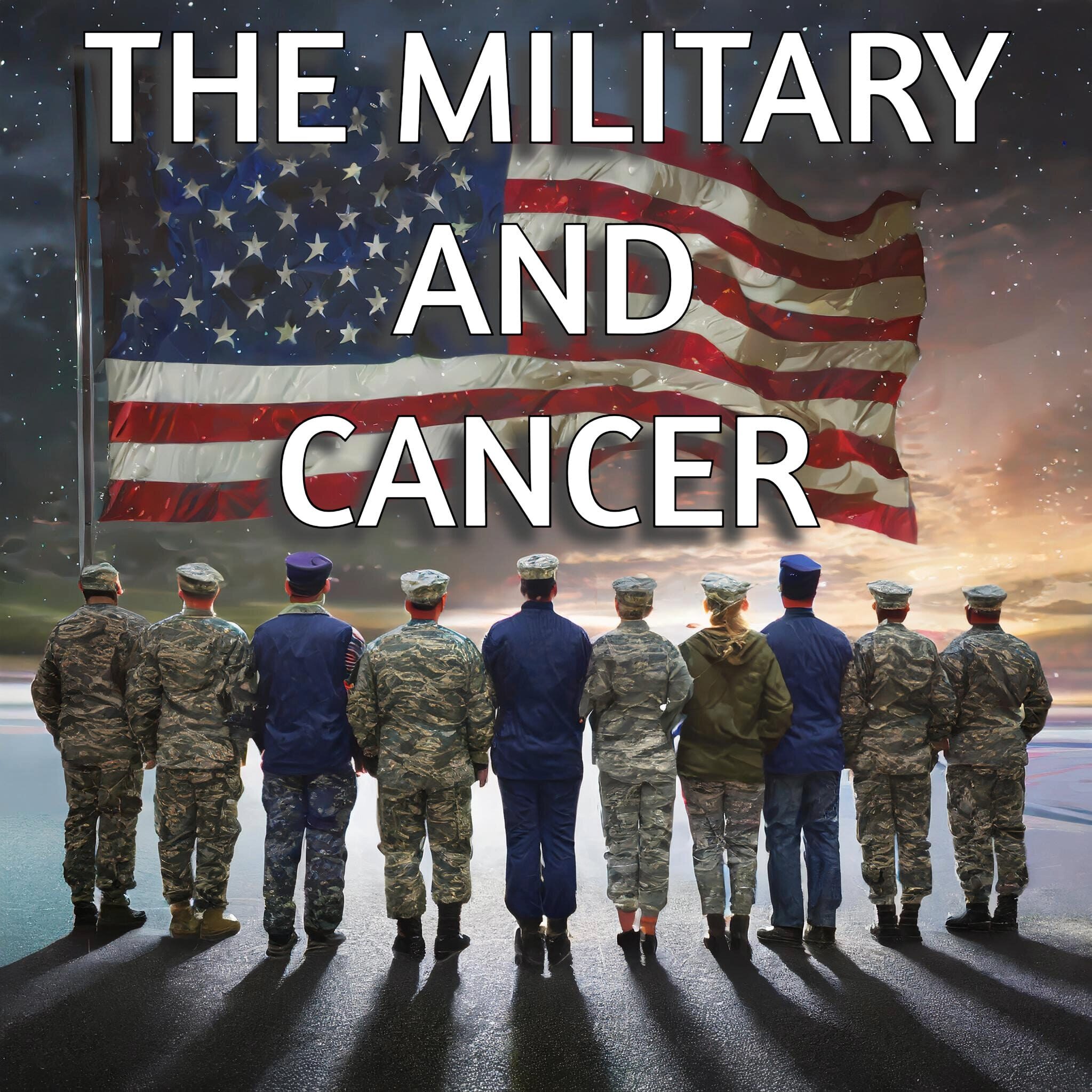
Among the myriad of sacrifices that military veterans make in the line of duty, the physical and mental aftermath of deployment often lingers on long after their active service has concluded. While most are familiar with the post-traumatic stress disorder (PTSD) and physical injuries that many veterans face, there’s a lesser-known consequence of military service that has come to the forefront in recent years: deployment-related cancer.
Meet James Martin
James Martin, a retired Army sergeant, is one such veteran who experienced this silent adversary. With over 15 years of service, including multiple deployments to Iraq, James was a picture of resilience and courage. However, years after his last deployment, a new battle began – one that he never anticipated when enlisting.
In 2018, James was diagnosed with a rare form of lung cancer. Having never smoked a day in his life and with no family history of the disease, the diagnosis was both shocking and perplexing. But as he delved into the potential causes, a grim picture began to emerge.
The Toxic Environments of Warzones
During his tours, James was exposed to multiple environmental hazards. One of the most notorious of these was the smoke from ‘burn pits’. Used as a method of waste disposal, these open-air pits incinerated everything from plastics and medical waste to batteries and vehicle parts. The toxic fumes emitted from these pits carried a cocktail of carcinogens, many of which were inhaled by the troops stationed nearby.
Apart from burn pits, many veterans were also exposed to decrepit infrastructure, old buildings laced with asbestos, and areas contaminated by depleted uranium from munitions. The consistent exposure to these harmful elements, often without adequate protective equipment, has led many to believe that they played a role in the onset of deployment-related cancers.
The Fight for Recognition
While James and many like him battled their diseases with the same fervor they showed on the battlefield, another fight was taking place: the fight for recognition. Many veterans believe that their cancers are a direct result of their deployments, but drawing a direct line between environmental exposure and the onset of the disease has proven challenging.
In recent years, advocacy groups have taken up the cause, pushing for more comprehensive studies and demanding that deployment-related cancers be recognized as service-connected by the Department of Veterans Affairs. This would allow affected veterans to receive the support, care, and compensation they rightly deserve.
The Road Ahead
James Martin’s story, unfortunately, is not unique. But it’s through sharing these stories and shedding light on the overlooked consequences of military service that we can hope to bring about change. As research continues, the hope is that the links between deployment exposures and subsequent health issues become clearer.
The bravery displayed by our military veterans isn’t limited to the battlefield. Every day, they continue to fight battles at home, and as a society, it’s our duty to ensure that they receive the care, support, and recognition they have earned.
The unsung struggles of military veterans like James Martin remind us that the effects of war extend far beyond the battlefield. Recognizing the profound sacrifices they have made and continuing to support their health and well-being long after their active service has ended is the least we can do in gratitude for their service.
Published:

